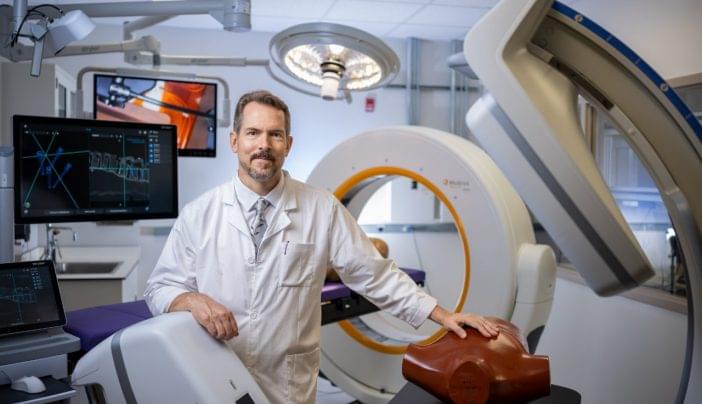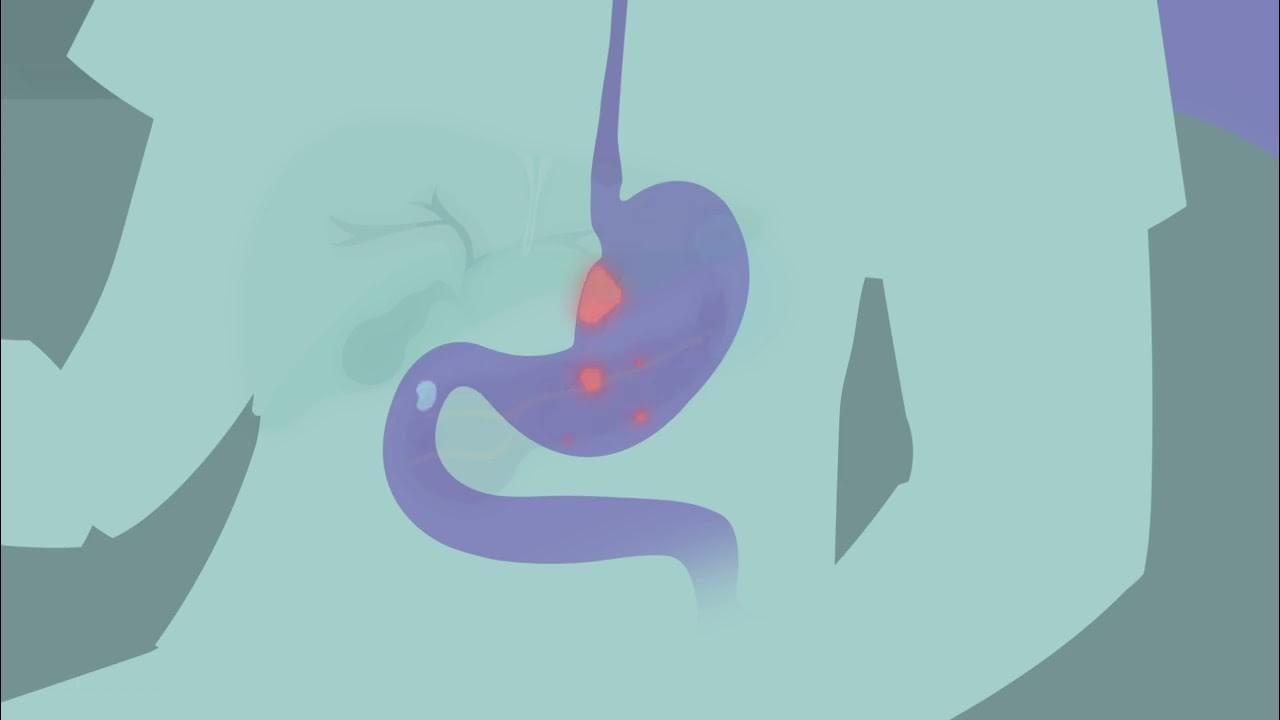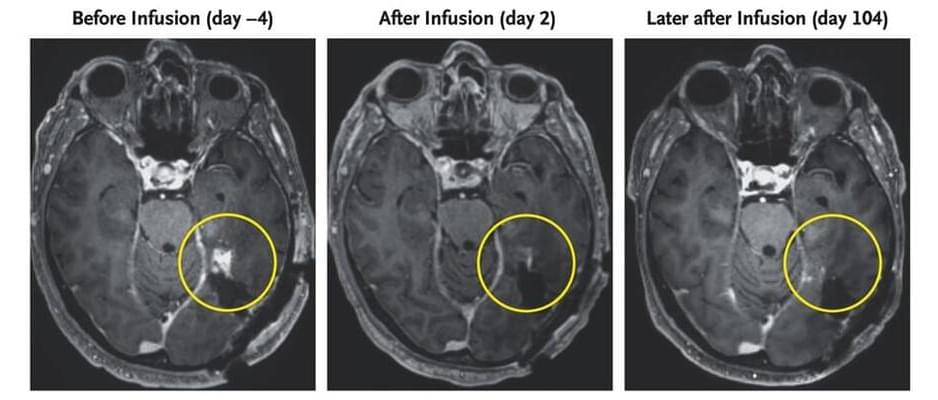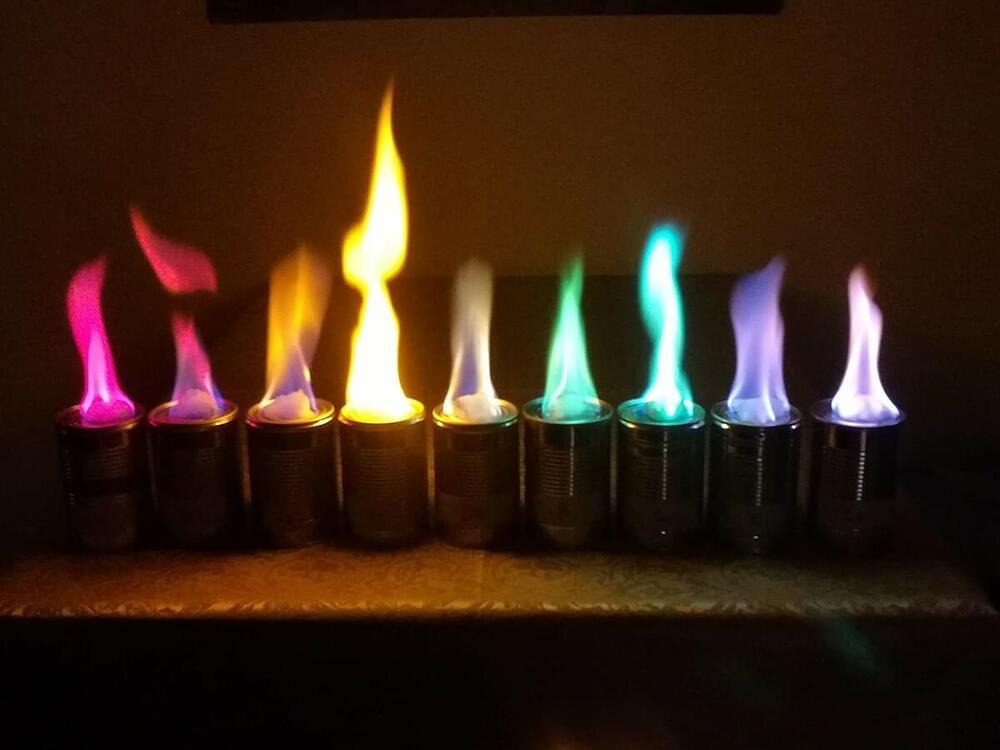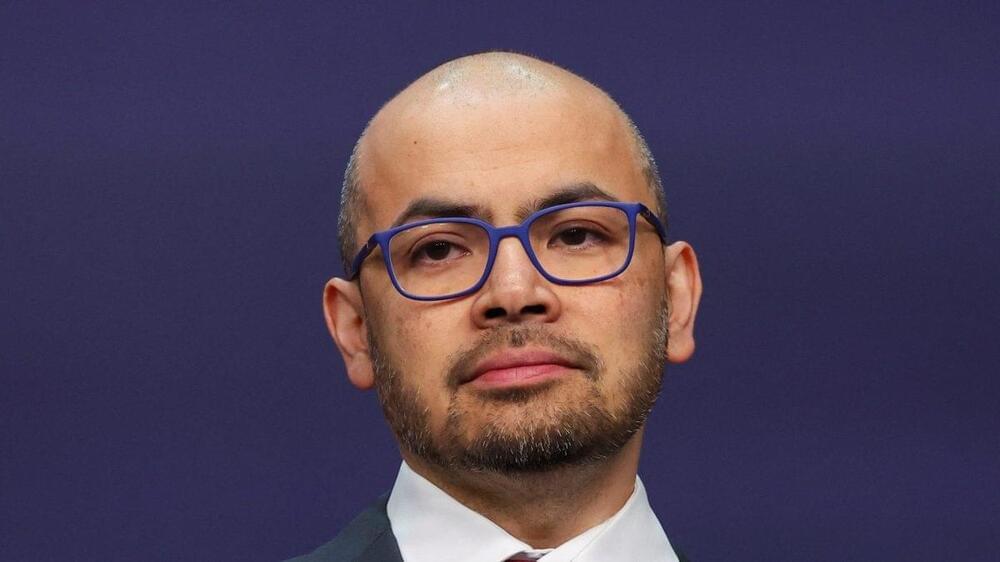Thiruvananthapuram: CSIR-National Institute for Interdisciplinary Science and Technology (CSIR-NIIST) has pioneered a groundbreaking technology for the safe, sustainable, and cost-effective management of biomedical waste, marking a significant milestone as the first of its kind in the country.
This innovative technology was unveiled at the Biomedical Waste Management Conclave, a one-day event hosted at the CSIR-NIIST campus in the city on March 26.
According to UNI, Dr M Srinivas, Director, AIIMS New Delhi, inaugurated the meet, which was presided over by Dr N Kalaiselvi, Secretary, DSIR and Director General, CSIR, through videoconferencing.

